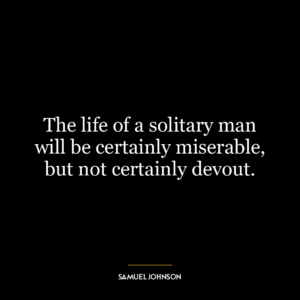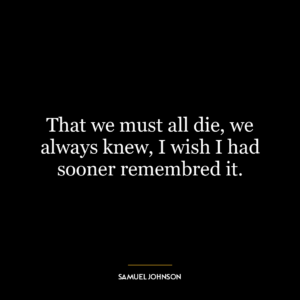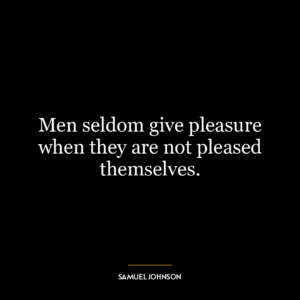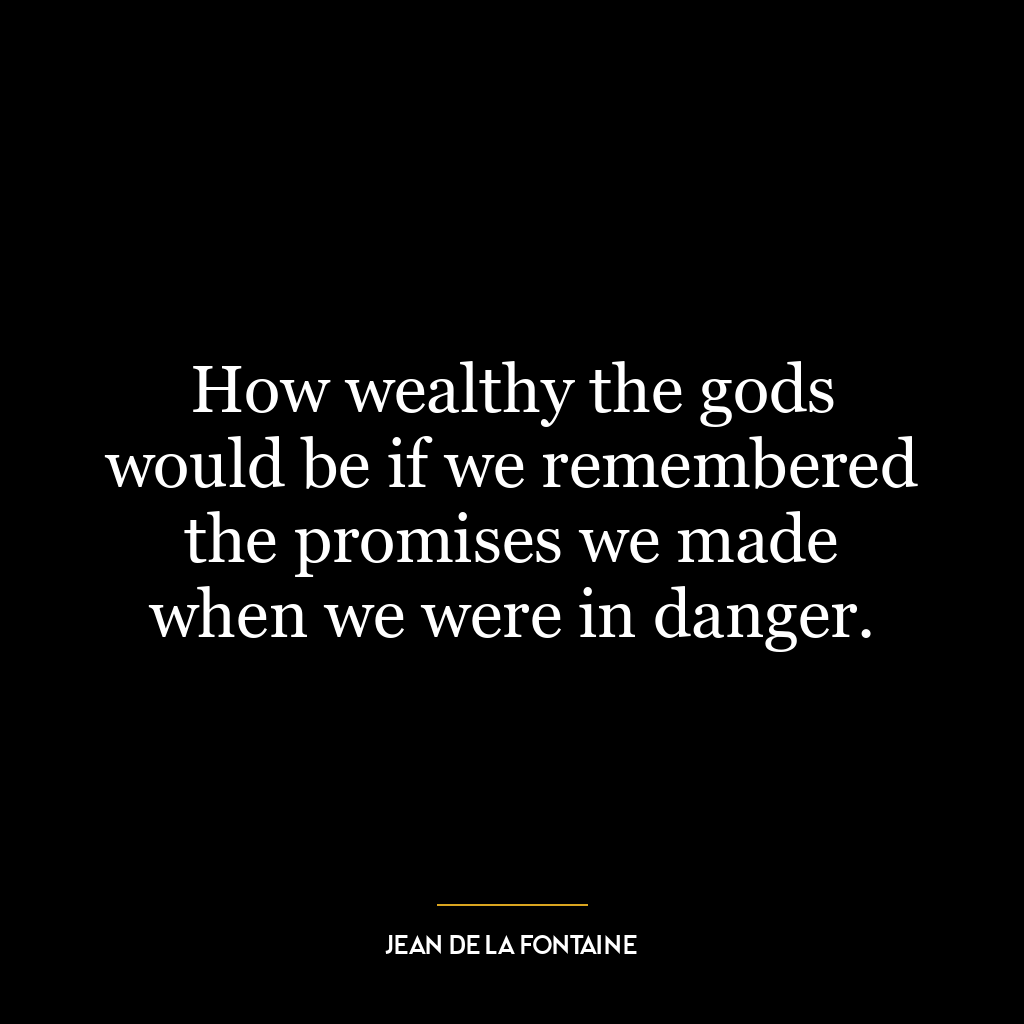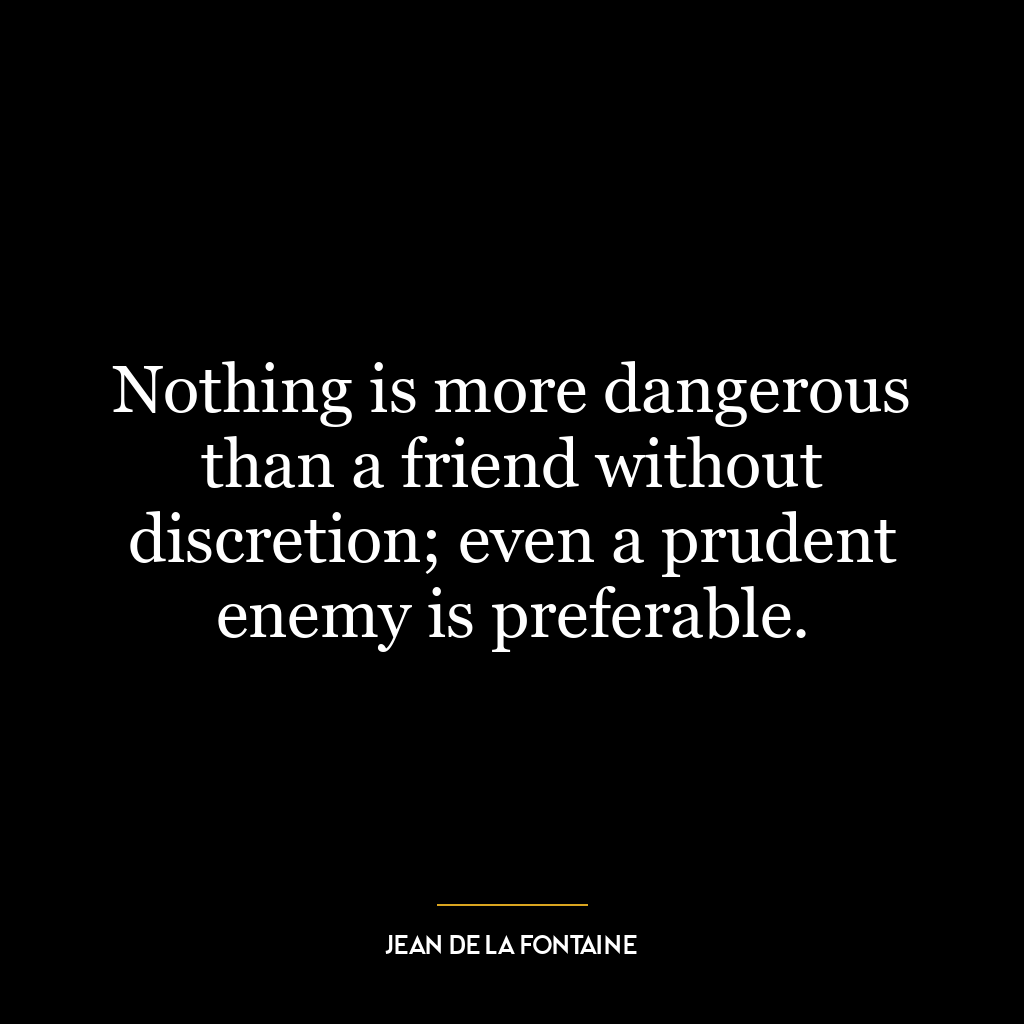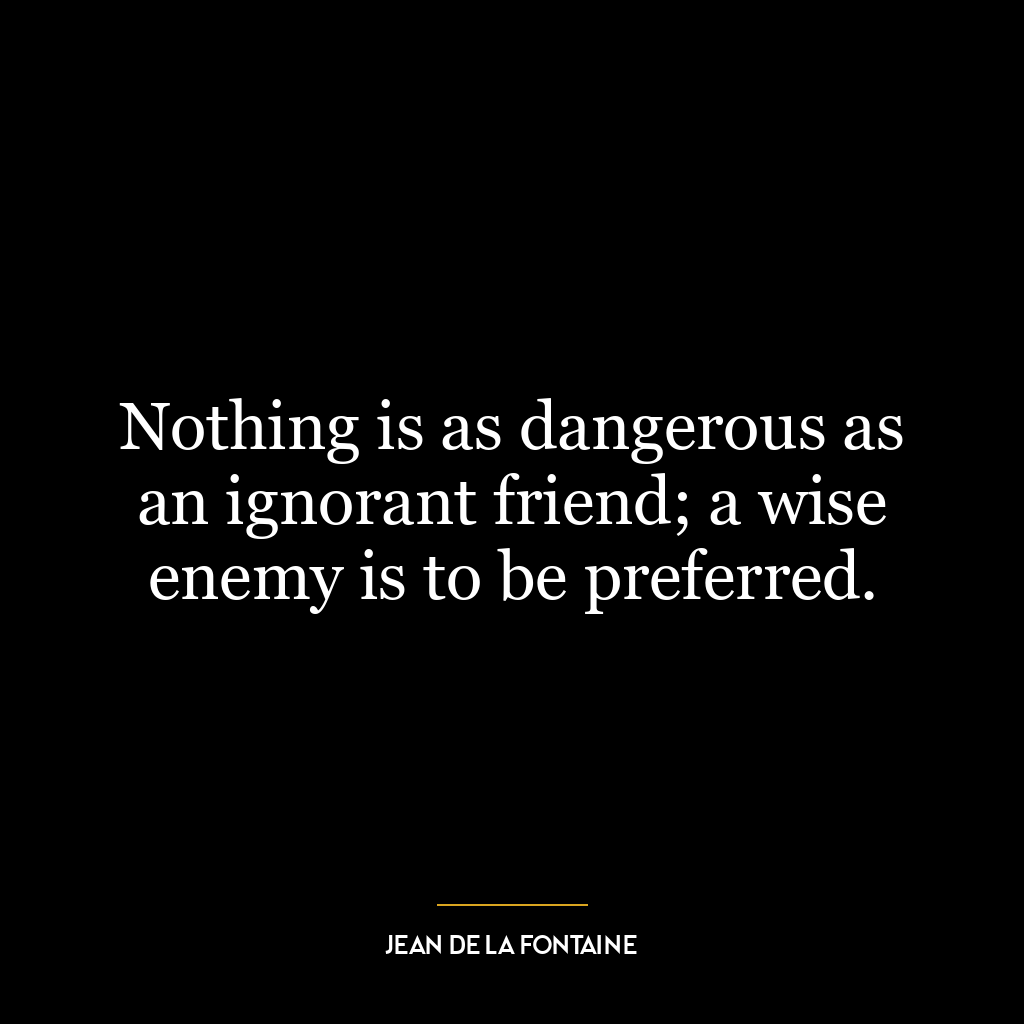This quote by Samuel Johnson captures the dichotomy of a soldier’s life. On one hand, there is the aspect of distress and danger which refers to the physical and psychological hardships, risks, and uncertainties that come with being in combat or war zones. This includes everything from facing enemy fire to living in harsh conditions, being away from loved ones or dealing with post-traumatic stress disorder.
On the other hand, there’s idleness and corruption. When not in active duty or combat situations, soldiers often find themselves with an abundance of free time. This can lead to boredom or idleness which can be detrimental to their mental health as well as their discipline. The term ‘corruption’ could refer to moral decay that might occur due to lack of constructive engagement during idle periods or exposure to unethical practices within military systems.
Applying this concept beyond military life, it offers insights into how extremes in any profession can have detrimental effects on individuals’ wellbeing and ethical standing. In today’s fast-paced world where work-life balance is often skewed towards work, people may find themselves oscillating between periods of high stress (akin to ‘distress and danger’) and periods where they lack motivation or purpose (akin to ‘idleness’).
In terms of personal development, this quote underscores the importance of maintaining a balanced lifestyle where neither extreme stress nor complete idleness dominates our lives. It also emphasizes on staying vigilant against potential moral decay during times when we are idle or faced with unethical practices around us.
Moreover, it suggests that individuals should strive for meaningful engagement even during downtime so as not fall into a state of idleness that could potentially lead them astray morally – thus highlighting importance values like integrity and resilience under all circumstances.



